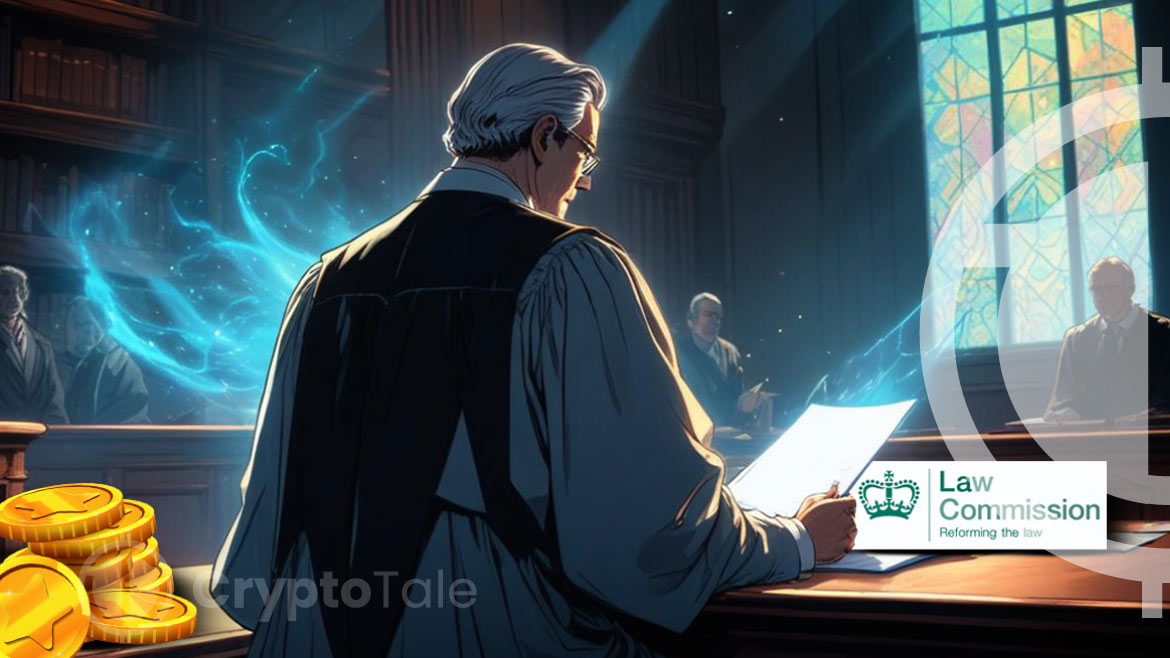- England’s Law Commission proposes a new property category for digital assets to clarify legal rights and improve dispute resolution.
- Digital assets challenge current legal frameworks; a new category could offer clearer protection and adaptable legal solutions.
- The Bank of England’s Digital Securities Sandbox aims to test distributed ledger tech for trading digital securities under regulatory oversight.
The Law Commission of England and Wales has proposed a reform that could reshape how digital assets are legally classified. On July 30, the Commission published a final report advocating creating a new property category specifically for cryptocurrencies and other digital assets. This proposed change seeks to address the limitations of the current legal framework, which has struggled to accommodate the unique characteristics of these modern financial instruments adequately.
Currently, English law divides personal property into two main types: tangible property, such as physical objects, and intangible property, which includes rights and obligations. Digital assets, such as cryptocurrencies and non-fungible tokens (NFTs), present tangible and intangible elements. This complexity creates challenges for legal categorization and dispute resolution. The Commission’s report highlights that the existing categories do not fully capture the complexities of these assets, leading to potential legal ambiguities.
To address this issue, the Commission recommends the establishment of a new category of personal property. This category would specifically cater to digital assets, offering a clearer legal framework that reflects their unique nature. By introducing this third category, the Commission aims to enhance the protection of property rights related to digital assets and facilitate more effective legal proceedings.
UK Government Considers Boosting Bank of England’s Role in Financial RegulationMoreover, the Commission has proposed a draft bill that outlines how this new category could be implemented. This draft bill suggests that the courts can define and adapt this category further over time. This approach is intended to ensure that the legal framework remains flexible and responsive to future developments in digital asset technology without disrupting the classification of other personal property types.
The government’s response to this proposal is eagerly awaited. The Bank of England and the Financial Conduct Authority have undertaken a joint consultation to review draft guidance for their Digital Securities Sandbox. According to the joint consultation and draft guidance released on April 3, the sandbox aims to enable participants to test distributed ledger technology for trading and settlement of digital securities, such as shares and bonds. The sandbox is part of broader efforts to integrate digital assets into the financial system while ensuring robust regulatory oversight.






